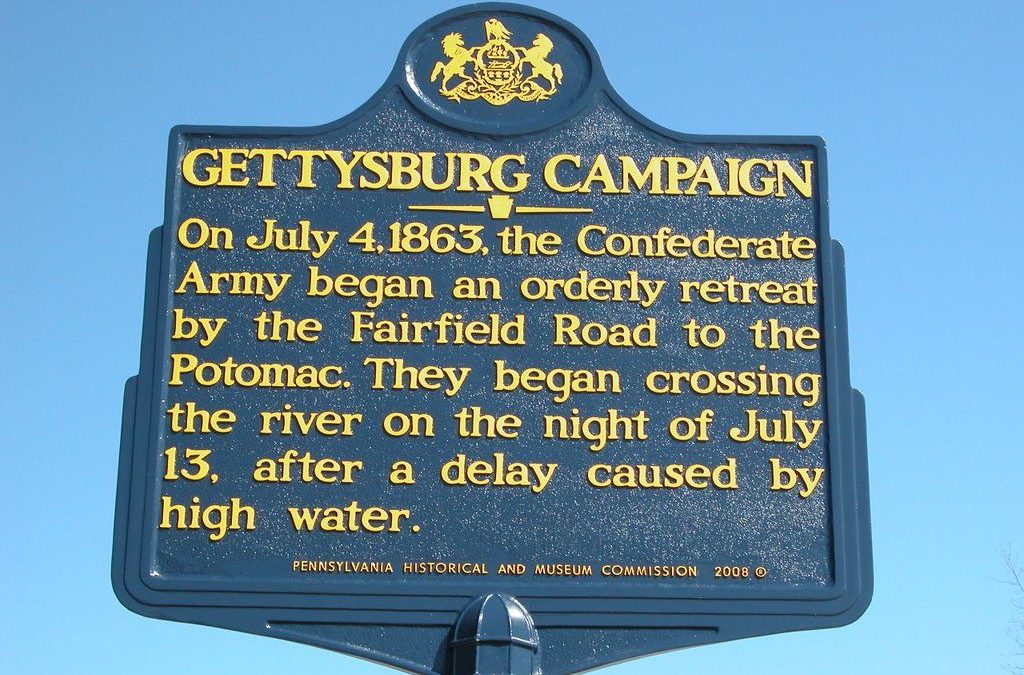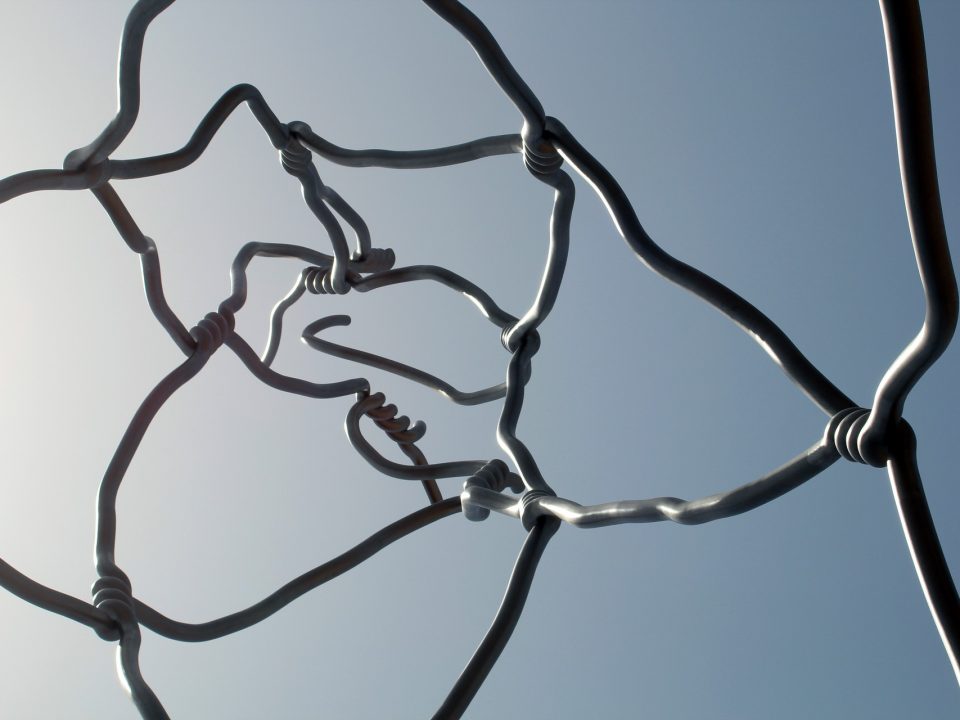New Historical Markers Coming to Philly

As one of the birthplaces of America, Philadelphia has played a significant role in the country’s history. Many notable people have walked the same streets that are there today, many places that are historical landmarks still stand, and we still commemorate keynote events in both the city’s and the nation’s formation. Marking these spots are historical markers, of which Philadelphia has over 300. A state agency, the Pennsylvania Historical & Museum Commission, determines what spots are worthy of markers. Five new historical markers are coming to Philadelphia this year, as part of a parcel of eighteen that were approved for the whole state by the Commission. From the Philly Voice:
The new markers were selected from 55 applications, bringing the state’s total to more than 2,300 since the program’s inception in 1946.
If you are interested in knowing more about these markers celebrating Pennsylvania history, you can search the state database by county, marker title, or marker text. The following are the five new markers coming to Philadelphia this year. Precise info on the location and date of installation are not yet available, but are definitely something to look forward to!
Anna T. Jeanes
Born in the early nineteenth century, Jeanes was a Quaker abolitionist and activist for the well being of African American citizens throughout her lifetime. She amassed a tremendous fortune throughout her life, which she donated entirely to worthy causes when she died. One of her most notable contributions was Jeanes Hospital, which was a pioneering institution in cancer research. She also founded the Jeanes Supervisors program, which eventually evolved into the Negro Rural School Fund. This brought education to many African American teachers and students across the American South.
Bethel Burying Ground
This cemetery, one of Philadelphia’s first for African Americans, was originally founded by Mother Bethel A.M.E. Church in 1810 after the church’s former burying ground had been filled up. The plot of land that contains the Bethel Burying Ground was purchased by church members. While it has been difficult to determine this for sure, it may have been the first dedicated cemetery for African Americans in the United States. The land has changed hands several times, and in a creepy turn of events, the Weccacoe Playground was built over the ground without moving the graves.
Thomas J. Gola
Gola, born in 1933, is considered one of the best basketball players of the mid-20th century. He got his start on the LaSalle College basketball team, leading them to victories in the National Invitation Tournament (NIT) and the NCAA Championship. He racked up numerous individual recognitions and awards during his time in the NBA, where he played for 11 years. He is one of only two players ever to win the NIT along with NBA and NCAA championships. He played on behalf of the U.S. in the 1964 “Behind the Iron Curtain” tour and was given a place in the Naismith Basketball Hall of Fame in 1976.
William J. Murtagh
It’s only fitting that a man who dedicated his life to historical preservation should end up being remembered with a marker of his own. Murtagh was a key figure in the proposal and enactment of the National Historic Preservation Act of 1966 , and nowadays regarded as a founding father in the field of historic preservation. During his lifetime, he served in a leadership capacity for the National Trust for Historic Preservation and was the first keeper of the National Register of Historic Places. He was recognized with numerous prestigious preservation awards and served on the boards of national and international preservation organizations.
Women’s Pa. Society for the Prevention of Cruelty to Animals
The Women’s Pennsylvania SPCA was the first animal rights organization in the nation, and paved the way for the national animal welfare movement. Founded in 1869, principally by social reformer Caroline Earle White, members of the Society were pioneers in the fields of animal capture and transport, housing and sanitation, employee training, and euthanasia. The4y donated money and gave education to the first junior humane societies.



